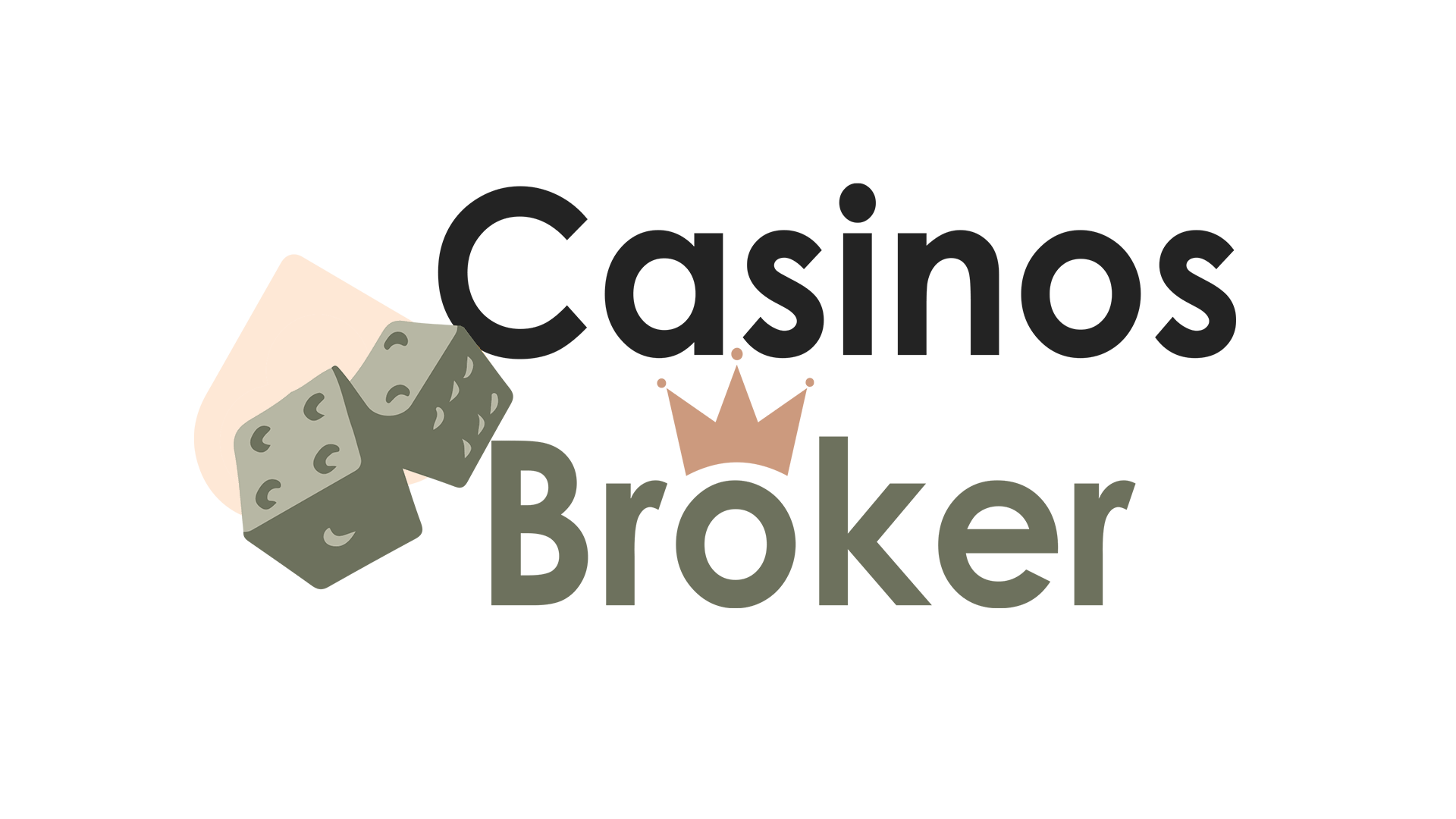How Does Entity Type Affect the Sale of My Business?
Does the legal structure of my business entity (corporation, LLC, etc.) affect how the sale of my business is structured?
Absolutely, the type of business entity you have plays a pivotal role in shaping the structure of the sale transaction. It’s a crucial factor that warrants careful consideration well in advance of initiating the sales process.
One of the foremost considerations when determining the structure of your business sale revolves around taxation. Federal and state taxes can exert a significant impact on the portion of proceeds you ultimately retain from the sale.
The specific type and extent of taxes that come into play hinge directly on whether your company operates as a sole proprietorship, partnership, or corporation.
The upcoming article provides a general overview of the key distinctions among different entity types in the context of business sales. However, whether you’re a buyer or seller, it’s imperative to seek counsel from a qualified attorney or tax professional when contemplating the structure of a business sale. Familiarizing yourself with the concepts discussed here serves as a valuable starting point in this critical decision-making process.
Sole Proprietorships
In the case of a business structured as a sole proprietorship, the sale is inherently structured as an asset sale. When selling a sole proprietorship, you’re essentially selling a bundle of assets.
The taxation aspect hinges on a crucial factor—the allocation of the sale price, also known as the purchase price allocation. This allocation dictates the tax you’ll pay, with capital gains tax rates applying to certain assets and ordinary income tax rates to others. The key lies in how you apportion this purchase price.
Single and Multi-Member LLCs
Single-member LLCs operate as pass-through entities, meaning there’s no taxation at the LLC level itself. When it comes to selling these entities, you have the flexibility to structure the sale as either an asset sale or, technically speaking, a stock sale (involving the sale of membership interests in the LLC).
However, it’s important to note that, in practice, the sale is typically treated and taxed as an asset sale, with some exceptions being rather rare. The specific tax rates that come into play are contingent on how you allocate the purchase price.
Additionally, it’s worth mentioning that LLCs may be subject to higher self-employment taxes compared to S Corporations. Given these intricacies, it’s highly advisable to consult with your CPA prior to embarking on the sale process.
For those who have opted to have their LLC taxed as a C Corporation, different rules and considerations apply.
Partnerships
In the scenario where your business is organized as a partnership, the sale is exclusively structured as an asset sale. Partnerships fall under the category of pass-through entities, which implies that taxation is borne solely by the individual members, with the entity itself being exempt from taxation.
The tax landscape in this context encompasses both capital gains rates and ordinary income tax rates. The specific rates applied depend on the allocation of the purchase price—a pivotal factor in the overall tax equation.
S Corporation
For owners of an S Corporation, the sale can take two forms: an asset sale or a stock sale.
- In the case of an asset sale, your tax liability hinges largely on how the purchase price is allocated.
- Conversely, in a stock sale, the bulk of the proceeds will be subject to capital gains tax rates, with only a few exceptions—specifically, amounts directed to owners, such as those tied to non-competition agreements or consulting agreements, are subject to income taxes.
One of the key advantages of operating as an S Corporation, as opposed to a C Corporation, is the absence of federal-level double taxation. However, it’s crucial to note that state income tax regulations can vary significantly from state to state; for example, certain states like California exclusively impose income tax rates without capital gains tax.
If your S Corporation was recently converted from a C Corporation, the sale may be structured as if you were still operating as a C Corporation. The IRS has established a ten-year look-back period for such scenarios. If this might apply to your situation, consulting a CPA is strongly recommended.
C Corporation
By default, your business is considered a C Corporation unless you or your shareholders have taken the step of filing Form 2553 with the IRS to elect S Corporation taxation.
If you opt for an asset sale, the C Corporation will sell its assets, triggering what’s known as double taxation. This means the corporation will be taxed when it sells its assets, and the individual shareholders will face taxation when they receive their share of the proceeds in the form of dividends.
To circumvent double taxation, you have two primary strategies:
- Structure a portion of the sale as the sale of the owner’s personal goodwill, which is not considered a personal asset. Legal precedent, such as the case of Martin Ice Cream Co., 110 T.C. 189 (1998), supports this approach.
- Opt for a stock sale, primarily subject to capital gains tax rates. However, be aware that certain agreements like non-competition, consulting, and earnout agreements may be subject to income tax rates if paid directly to the owner.
If your business is structured as a C Corporation, it’s highly advisable to consult with a CPA experienced in structuring business sales well in advance of the actual sale. This will provide you with ample time to explore various options, such as incorporating bonuses or salary into the sale structure or negotiating for a stock sale, which may require advanced planning.
Summary
Tax implications wield substantial influence over the actual value of a business, affecting both the buyer and the seller.
It’s crucial to deliberate on the sale’s structure right from the start and strive to reach an accord regarding the allocation of the purchase price as soon as feasible. Remember, meticulous pre-planning is paramount to optimizing the selling price of your business.


